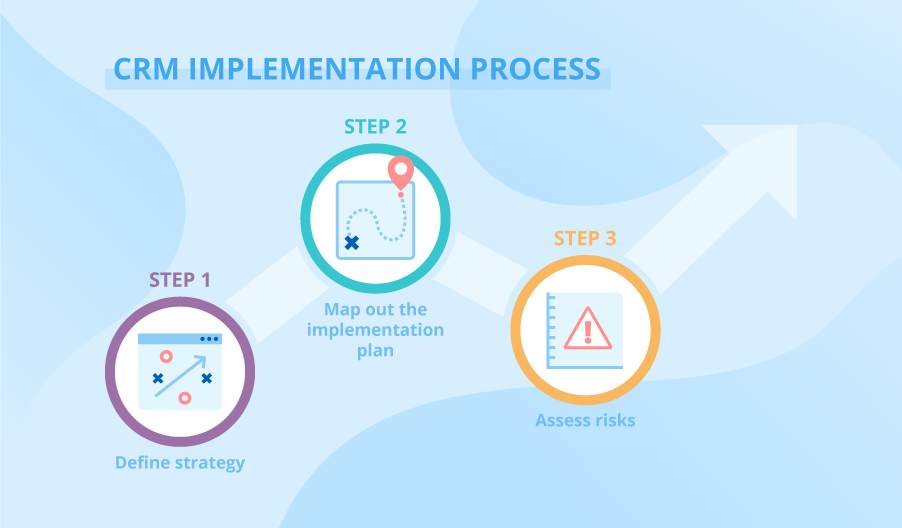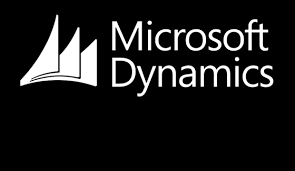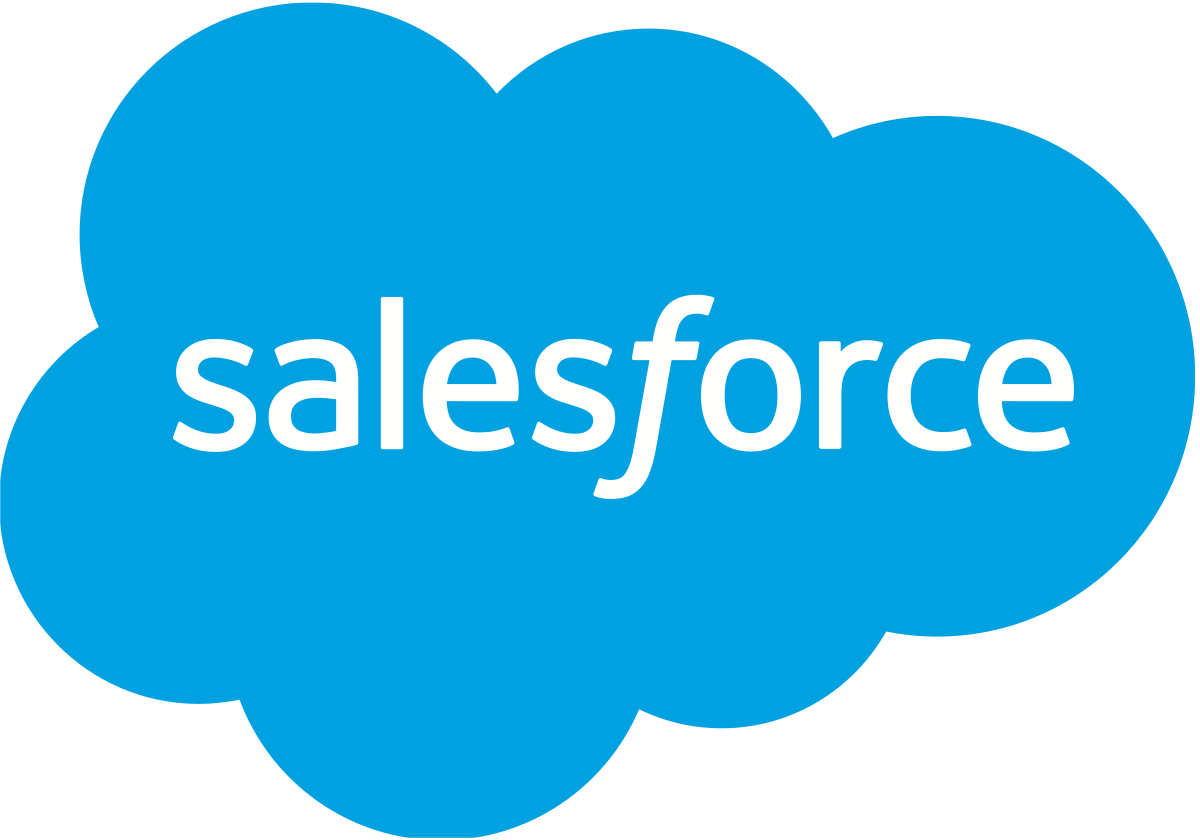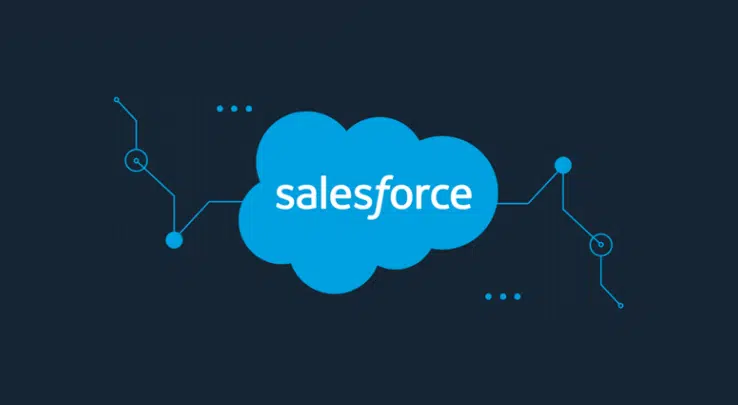Description
Introduction of SugarCRM Solution Architecture
SugarCRM is a leading customer relationship management (CRM) platform that helps businesses manage customer interactions, sales, marketing, and customer service operations. As a Certified Sugar CRM Solution Architect, you will be equipped with the knowledge and skills required to design, implement, and optimize complex CRM solutions based on SugarCRM, tailored to the needs of the business. This certification ensures that you are proficient in deploying SugarCRM in diverse environments and creating customized solutions to address specific organizational requirements.
In this Certified Sugar CRM Solution Architect Professional course, you will learn advanced techniques for designing CRM systems, integrating with third-party applications, ensuring system performance, and managing the full lifecycle of SugarCRM solutions. The course is intended for experienced professionals who are looking to specialize in SugarCRM architecture, from initial planning and deployment to ongoing management and optimization.
Prerequisites
- Strong understanding of CRM concepts and SugarCRM fundamentals.
- Familiarity with IT infrastructure, system integration, and cloud platforms.
- Experience in business analysis, project management, and process optimization.
- Basic knowledge of programming and customization using SugarCRM’s API and Studio.
- Experience with databases and data management, including SQL and MySQL.
Table of Contents
- Introduction to SugarCRM Solution Architecture
1.1 Overview of SugarCRM Platform and Architecture
1.2 The Role of a Solution Architect in SugarCRM Projects
1.3 Key Features of SugarCRM (Sales, Marketing, Support)
1.4 Deployment Options: On-premise vs. Cloud (SugarCloud)
1.5 The SugarCRM Ecosystem: Integrations and Third-Party Tools - Planning and Designing SugarCRM Solutions
2.1 Understanding Business Requirements and CRM Objectives
2.2 Designing Scalable and Flexible SugarCRM Solutions
2.3 Customizing SugarCRM to Align with Business Processes
2.4 Data Modeling and Management in SugarCRM
2.5 Mapping Customer Journeys and Touchpoints in the CRM - System Architecture and Infrastructure
3.1 Designing High-Availability SugarCRM Solutions
3.2 Managing System Capacity and Scalability
3.3 Configuring SugarCRM for Performance Optimization
3.4 Multi-Instance Architectures and Distributed Systems
3.5 Cloud and Hybrid Deployments: Best Practices - SugarCRM Integration Strategies
4.1 API Integration: Using REST and SOAP for Custom Solutions
4.2 Integrating with ERP and Third-Party Applications
4.3 Managing Data Synchronization Across Systems
4.4 Working with SugarCRM Connectors and Integration Tools
4.5 Automating Business Processes and Workflows - Customization and Development
5.1 Customizing SugarCRM Studio for Business Needs
5.2 Developing Custom Modules and Logic Hooks
5.3 Creating Advanced Dashboards and Reports
5.4 JavaScript and Custom UI Components for Enhanced Functionality
5.5 Handling SugarCRM’s Data Privacy and Security Features - Performance and Security Management
6.1 Optimizing Database and Query Performance(Ref: Optimizing Microsoft Dynamics SL for Financial and Project Management)
6.2 System Monitoring and Troubleshooting Tools
6.3 Managing User Permissions, Roles, and Security Groups
6.4 Encrypting Data and Ensuring GDPR Compliance
6.5 Disaster Recovery Planning and Backup Strategies - Advanced Reporting and Analytics
7.1 Building Custom Reports and Data Visualizations
7.2 Integrating with Business Intelligence (BI) Tools
7.3 Using SugarCRM Analytics for Real-Time Insights
7.4 Advanced Querying and Data Manipulation Techniques
7.5 Creating Forecasting and Predictive Analytics Dashboards - Managing SugarCRM Deployments and Updates
8.1 Planning and Executing SugarCRM Deployments
8.2 Managing Version Control and Updates in SugarCRM
8.3 Rolling Back and Patch Management for SugarCRM
8.4 Performance Tuning During Deployments
8.5 Testing SugarCRM Solutions and Ensuring Quality Assurance - Maintaining and Supporting SugarCRM Solutions
9.1 Ongoing Monitoring and Maintenance Strategies
9.2 User Support and Training in SugarCRM
9.3 Managing Upgrades and System Migrations
9.4 Troubleshooting and Resolving Common Issues
9.5 Maintaining Data Quality and Integrity - Best Practices for SugarCRM Solution Architects
10.1 Aligning SugarCRM with Organizational Goals and Strategies
10.2 Enhancing User Adoption and CRM Engagement
10.3 Keeping Up with SugarCRM Updates and New Features
10.4 Managing Cross-Functional Teams in SugarCRM Projects
10.5 Sharing Knowledge and Best Practices with the Community - Future Trends in SugarCRM Architecture
11.1 AI and Machine Learning in SugarCRM
11.2 Automation and Robotic Process Automation (RPA) in CRM
11.3 Cloud-First Strategies and SugarCRM Innovations
11.4 The Future of Customer Experience Management (CXM)
11.5 Integrating IoT and Big Data with SugarCRM Solutions
Conclusion
Achieving the Certified Sugar CRM Solution Architect Professional designation positions you as a leading expert in designing and implementing scalable, secure, and optimized SugarCRM solutions. This certification validates your ability to manage complex CRM architecture and deliver tailored solutions that enhance business processes and customer relationships.
Throughout this course, you will develop the necessary skills to design, customize, integrate, and optimize SugarCRM for a wide range of business requirements. You will also be equipped to address performance challenges, manage updates, and ensure long-term system stability and growth. With this knowledge, you will be prepared to take on the responsibilities of a SugarCRM solution architect, delivering business-critical CRM solutions that drive success across your organization.










Reviews
There are no reviews yet.